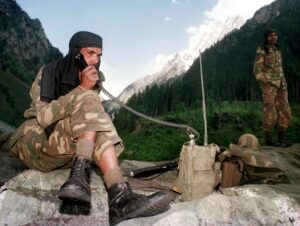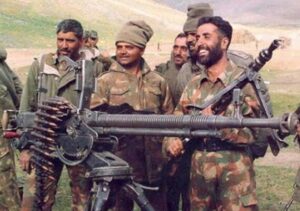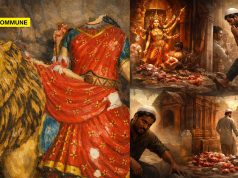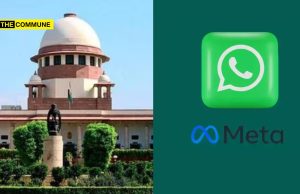
Camping in temperatures under -10⁰C readily armed and waiting for orders to charge. A battle that would go on to define a rising India. Today, the 26th of July, marks Kargil Vijay Diwas, the 21st anniversary of India’s victory against Pakistan in the Kargil war of 1999. India had launched operation Vijay to clear the Pakistani forces squatting on the Indian end of the Line of Control (LoC) in Kargil. This day commemorates the sacrifices made by our jawans who had lost their precious lives during the conflict.
There was a Peace Pact signed between India and Pakistan during the Partition. Despite this, there was a constant nuisance from the Pakistani side in the Kashmir region. In order to put a full stop to this, the country’s then Prime Minister Vajpayee had travelled to Lahore in the newly introduced bus route from India to sign a peace agreement with Pakistan. This had been signed by Nawaz Sharif, Pakistan’s Prime Minister on 21st February 1999.
This had been met with dissent from Parvez Musharraf, Pakistan’s Army General at that time. In an attempt to express his contempt, he had disguised Pakistani soldiers as Kashmiri separatist terrorists and pushed them to infiltrate the Indian border. This was later acknowledged as Musharraf’s personal agenda to capture the Siachen-Kargil region from India. This had been the primary reason for the Kargil war.
The Kargil War – A Timeline
May 3, 1999 – The Indian Army gets intelligence that reported that Kargil is infiltrated by Pakistani soldiers
May 9, 1999 – The Pakistani infiltrators attack the arsenal of the Indian Army, destroying a major part of it
May 10, 1999 – infiltrators were identified in several regions of Ladakh
May 15, 1999 – Jawans of the 4th Jat Regiment, Kalia, Arjun Ram, Banwar Lal Bihariya, Biha Ram, Moola Ram and Naresh Singh who were posted at the Bajrang Post in Ladakh face-off with Pakistani forces. They get captured and are tortured badly.
May 26, 1999 – IAF launches an airstrike over Pakistan’s base
May 27, 1999 – Two of these fighter jets were shot down by Pakistan’s force.
May 28, 1999 – Four Jawans are martyred during the airstrike
June 6, 1999 – Indian Army increases its intensity of attack at Kargil
June 9, 1999 – Two main posts of Indian Army’s battalion gets captured
June 11, 1999 – India releases proof of Pakistan’s involvement in the Kargil conflict by means of a recording of a conversation between General Musharraf and his associates
June 15, 1999 – Bill Clinton, United States’ then-President orders Pakistan’s withdrawal in a telephone conversation with Pakistani Prime Minister Nawaz Sharif
June 29, 1999 – All supplies to Pakistani soldiers get cut, prompting them to withdraw
July 2, 1999 – Indian Army launches a three-dimensional attack on Pakistan’s forces
July 4, 1999 – Indian Army recaptures Tiger Hill from Pakistan after a heated 11-hour battle
July 11, 1999 – Pakistan’s forces start total withdrawal from Kargil
July 14, 1999 – India’s former Prime Minister Atal Bihari Vajpayee announces the victory of Operation Vijay
July 26, 1999 – Kargil War officially ends

Here are some facts that you should know about the war
- To date, the Kargil War was the biggest war fought by the Indian Army since World War.
- The Indian Army launched Operation Vijay following getting information from local shepherds in the area.
- The Indian Air force had launched operations in support of the Army on May 26th and fired rockets and missiles at the ‘fortified’ enemy positions from their side of the LoC. This was called Operation Safed Sagar.
- An Operation Talwar was then launched by the Indian Navy to attack Pakistan’s ports, to stop their fuel supply.
- The US’ intervention was sought by Pakistan but the then-President Bill Clinton had refused, saying that Pakistan should withdraw its troops from Kargil
- The Kargil War lasted little over two months and ended on July 26th . There were 527 casualties on India’s side.
- Pakistan had been constantly in denial of its role in this issue saying that India was having a conflict against “Kashmiri freedom fighters”. But, by the end of this war, it issued medals of valour to its soldiers for the war.


On this day, The Commune humbly salutes the sacrifice of all the Jawans who made the supreme sacrifice and their families.




